
 Instagram
Instagram
Best Time to Take Creatine


Related products
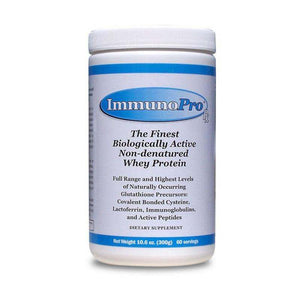
Creatine, a naturally occurring amino acid derivative found in muscle cells, plays a pivotal role in energy production, particularly during high-intensity, short-duration exercises such as weightlifting or sprinting. Its popularity has surged in fitness and athletic communities due to its well-documented benefits in enhancing muscle mass, strength, and recovery rates. As such, creatine supplementation has become a cornerstone in the regimes of athletes and fitness enthusiasts aiming to optimise their performance and recovery. Sports performance often improves significantly with creatine, as it boosts energy availability in muscles, allowing for greater intensity during workouts.
The common goals of creatine supplementation, such as accelerated muscle growth, strength enhancement, and improved recovery times, are supported by a substantial body of scientific evidence. These effects contribute to its widespread use in sports supplements designed to enhance athletic performance. However, the optimal timing of creatine intake remains a subject of investigation and debate among scientists and practitioners. This article delves into the nuances of creatine supplementation, exploring its biological role, the variety of available supplements, and the timing of its intake to maximise its effectiveness based on specific fitness goals.
What is Creatine and What Does it Do?
Creatine serves primarily as a part of the creatine phosphate system in muscles, quickly regenerating adenosine triphosphate (ATP), the energy currency of the cell, during intense physical activity. Dr. Harriet Hall, a researcher in sports medicine, states, "Creatine's ability to rapidly replenish ATP levels makes it critical for sustaining high-power outputs in activities like sprinting or powerlifting." This rapid ATP replenishment is essential for maintaining peak performance over short periods, thereby directly influencing muscle endurance and strength.
The market offers various types of creatine supplements, each with unique properties and potential benefits. The most widely researched and utilised form is creatine monohydrate, known for its high purity and efficacy. Other forms include creatine ethyl ester and creatine hydrochloride, which claim to offer better solubility and absorption. However, current research predominantly supports creatine monohydrate for its reliability and safety profile. "Despite newer forms of creatine entering the market, monohydrate remains the gold standard due to its extensive backing by clinical data," notes Dr. Emily Roberts, a nutrition expert.
Why Does Creatine Timing Matter?
The timing of creatine supplementation can significantly influence its absorption and overall effectiveness in the body. Studies suggest that creatine uptake by muscle cells can be enhanced by co-ingestion with carbohydrates or protein, which stimulate insulin release, a hormone that helps shuttle creatine into muscles. The question of whether it is more beneficial to take creatine before or after workouts is still under research, with evidence supporting both timings depending on the individual's goals and physiological responses.
Research on creatine timing provides varied results. A 2013 study published in the "Journal of the International Society of Sports Nutrition" found that post-workout creatine supplementation led to greater increases in lean muscle mass and strength compared to pre-workout ingestion. Dr. Mark Tarnopolsky, a leading expert in metabolic diseases, explains, "Taking creatine post-exercise can capitalise on the increased muscle perfusion that occurs with training, potentially increasing the uptake and retention of creatine in the muscle."
Creatine Timing for Different Goals
For those aiming for muscle growth, taking creatine post-workout is beneficial as muscles are more receptive to nutrient uptake, aiding repair and growth. Athletes focusing on strength and performance may prefer pre-workout supplementation to boost creatine phosphate levels, enhancing high-intensity output. For general health and maintenance, the timing is more flexible, with daily intake being the most crucial factor. Consistent supplementation ensures elevated muscle creatine stores, supporting overall well-being and physical performance regardless of specific fitness goals.
For Muscle Growth
The timing of creatine intake may be particularly crucial for those focusing on muscle hypertrophy. Post-workout supplementation is thought to be advantageous because it coincides with a time when the muscles are particularly receptive to nutrient uptake. This period, often referred to as the "anabolic window," is considered an optimal time for muscle repair and growth. "Administering creatine during this window can significantly amplify the repair processes and lead to enhanced muscle hypertrophy," suggests Dr. Alan Carter, a pharmacologist specialising in sports supplements.
For Strength and Performance
For athletes whose primary goal is to increase strength and performance, pre-workout creatine supplementation can be beneficial. Pre-loading muscles with creatine can increase the availability of creatine phosphate, crucial for high-intensity performances. This strategy is supported by findings indicating improved output during short-duration, high-intensity exercises.
For General Health and Maintenance
For non-athletes or those with general health and maintenance goals, the timing of creatine supplementation is more flexible. Daily supplementation, regardless of timing concerning exercise, has been shown to maintain elevated muscle creatine stores, which can contribute to overall well-being and physical performance. Dr. Susan Kemp, a general practitioner with a focus on dietary supplements, advises, "For general health purposes, consistent daily intake is more critical than precise timing relative to exercise."
In summary, while the best time to take creatine may vary based on individual goals, the key theme remains that its strategic supplementation, aligned with specific training or health objectives, is essential for maximising its benefits.
Creatine's Interaction with Other Nutrients
The efficacy of creatine supplementation can be significantly influenced by the concurrent intake of other nutrients, particularly carbohydrates and proteins. These nutrients are known to stimulate insulin release, which in turn enhances creatine uptake by muscle cells. Research indicates that combining creatine with a carbohydrate or a carbohydrate and protein mixture can increase muscle creatine accumulation, thereby enhancing the ergogenic effects. Dr Rebecca Kurtz, a sports nutritionist, explains, "Insulin-mediated uptake of creatine can be significantly boosted when taken with simple carbohydrates or a combination of carbs and protein, optimising creatine's benefits on muscle energy capacity."
Timing the intake of creatine with specific nutrients can further maximise its absorption and utilisation by the body. For instance, a post-workout meal rich in carbohydrates and proteins can enhance not just muscle glycogen replenishment, but also creatine uptake. This synergistic effect helps in more effective recovery and muscle growth. "Timing your creatine intake to coincide with your post-workout meal may result in better uptake and less urinary creatine loss," notes Dr. Kurtz.
Creatine Timing Tips for Specific Audiences
For athletes and competitive lifters, timing creatine intake around intense training sessions can boost performance and recovery, making pre- and post-workout supplementation particularly effective. Casual gym-goers should focus on consistent daily intake, choosing a regular time each day to simplify their routine. Vegetarians and vegans, who may have lower baseline creatine levels, can benefit significantly from daily supplementation to enhance muscle creatine stores, thereby supporting overall physical performance and energy levels. Consistency remains key across all groups for maximising creatine’s benefits.
Athletes and Competitive Lifters
For athletes and competitive lifters, creatine timing can be critical, especially around training and competition days. Tailoring creatine intake to match intense training sessions can enhance performance and recovery. "Competitive athletes might benefit from scheduling their creatine supplementation close to training sessions, potentially improving performance and reducing fatigue," says Dr James Hargreaves, a sports medicine specialist.
Casual Gym-Goers
For casual gym-goers, the focus should be on maintaining a consistent supplementation schedule, which ensures that muscle creatine stores are optimally maintained. A simple strategy could involve taking creatine at a regular time each day, such as with breakfast, which can help with habit formation and consistent intake.
Vegetarians and Vegans
Vegetarians and vegans often have lower baseline levels of creatine due to the absence of creatine-containing meat products in their diet. For these individuals, consistent creatine supplementation can be particularly beneficial. "Vegetarians and vegans can significantly benefit from creatine supplementation to help offset the naturally lower creatine stores in their muscles," indicates Dr. Laura Thompson, a dietitian specialising in plant-based nutrition.
Common Myths and Misconceptions
A common myth about creatine is that it must be taken immediately post-workout for effectiveness. However, studies have shown that creatine maintains its efficacy regardless of the timing of intake relative to exercise, as long as daily intake is maintained. This flexibility allows individuals to choose a supplementation schedule that best fits their lifestyle and fitness regime.
Concerns regarding creatine supplementation and kidney health persist, despite substantial scientific evidence to the contrary. "Regular creatine supplementation has not been shown to affect kidney function in healthy individuals," confirms Dr. Elizabeth Waters, a nephrologist. It is always advisable for those with pre-existing kidney conditions to consult healthcare professionals before starting any supplementation. Find out Is taking creatine healthy?
Where to Buy Creatine
If you are wondering ''Where Can I Buy Creatine?'' you are in the right place, you can find all the creatine products on Welzo, such as:
Creatine - 16oz- Thorne Research
Creatine 500 mg, 120 Capsules - Kirkman Labs (Hypoallergenic)
MyProtein Creatine Monohydrate 500g
Olimp Nutrition Creatine 1250 Mega Caps

People Also Ask
Is Creatine Better Before or After a Workout?
The effectiveness of creatine can vary based on the timing of intake. While some studies suggest the benefits of pre-workout supplementation for immediate performance enhancement, others advocate for post-workout intake to aid in recovery and muscle growth.
Is It Better to Take Creatine in the Morning or at Night?
Creatine can be taken at any time of the day; the key is consistent daily supplementation. The choice of timing should consider personal convenience and the likelihood of adhering to the supplementation schedule.
How to Take Creatine Properly?
To take creatine properly, follow the dosing instructions provided by the manufacturer, usually about 3–5 grams per day. It can be mixed with water, juice, or a protein shake. During the initial loading phase, a higher dose may be consumed for a few days to rapidly saturate the muscles, followed by a standard daily dose for maintenance.
Conclusion
While the best time to take creatine might vary depending on individual goals and routines, consistent intake is crucial for achieving desired results. By integrating creatine supplementation into a well-structured diet and exercise program, individuals can maximise its benefits effectively and safely.


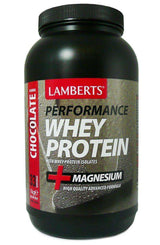
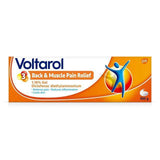

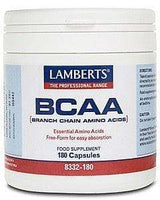
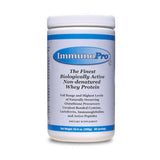
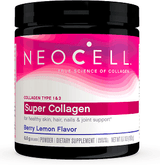

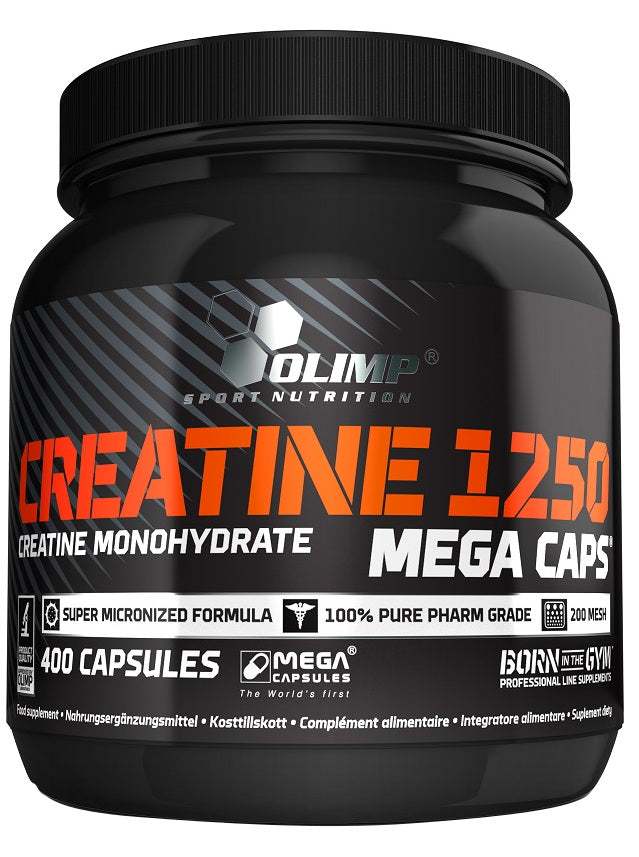
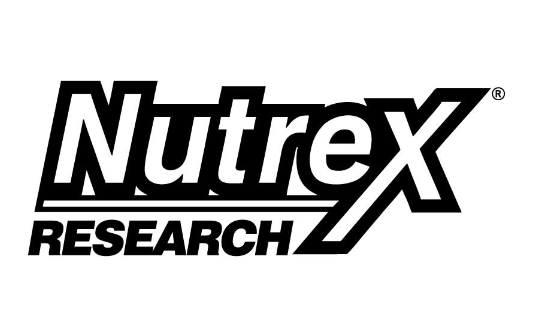
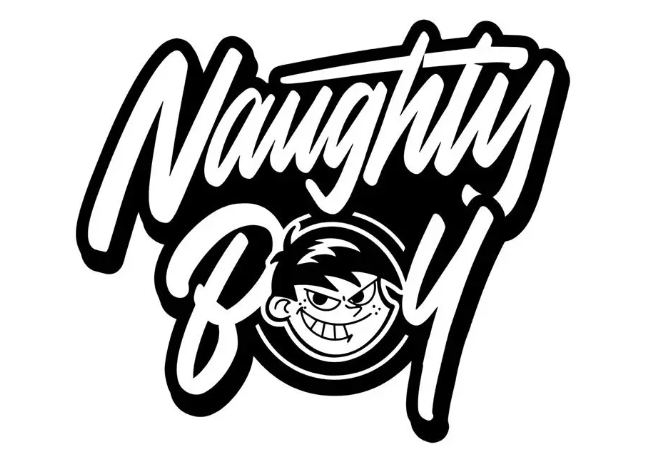

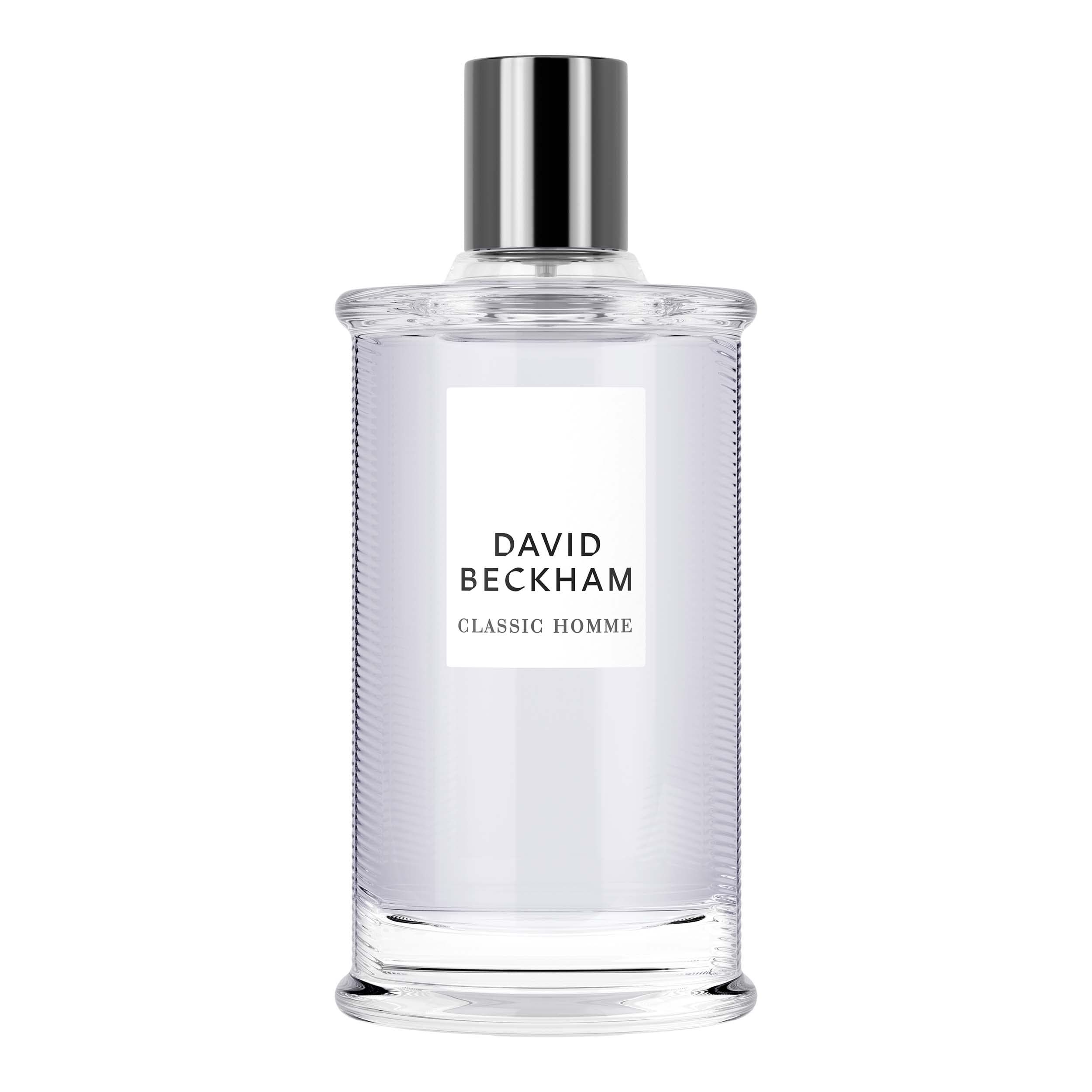




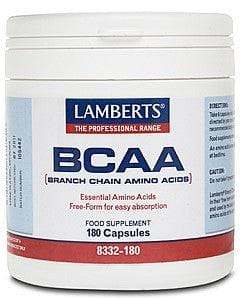
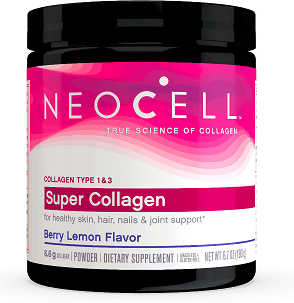









 Rated Excellent by 26,523+ Reviews
Rated Excellent by 26,523+ Reviews